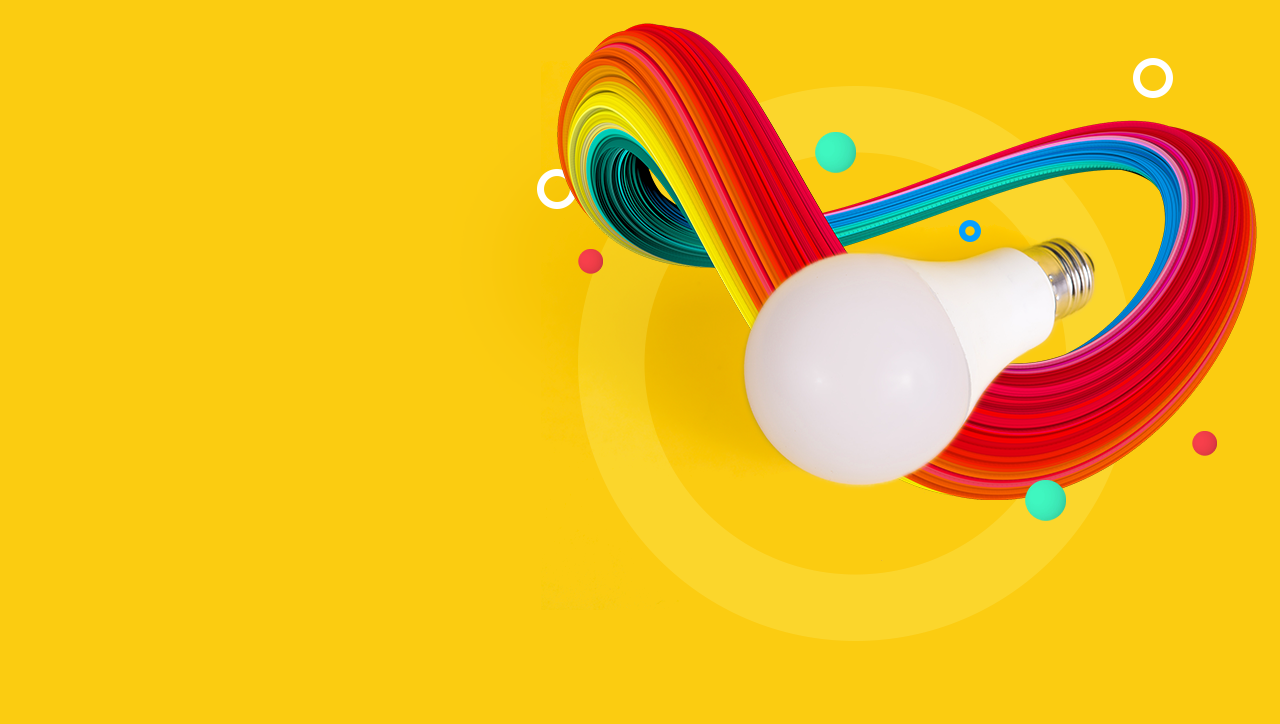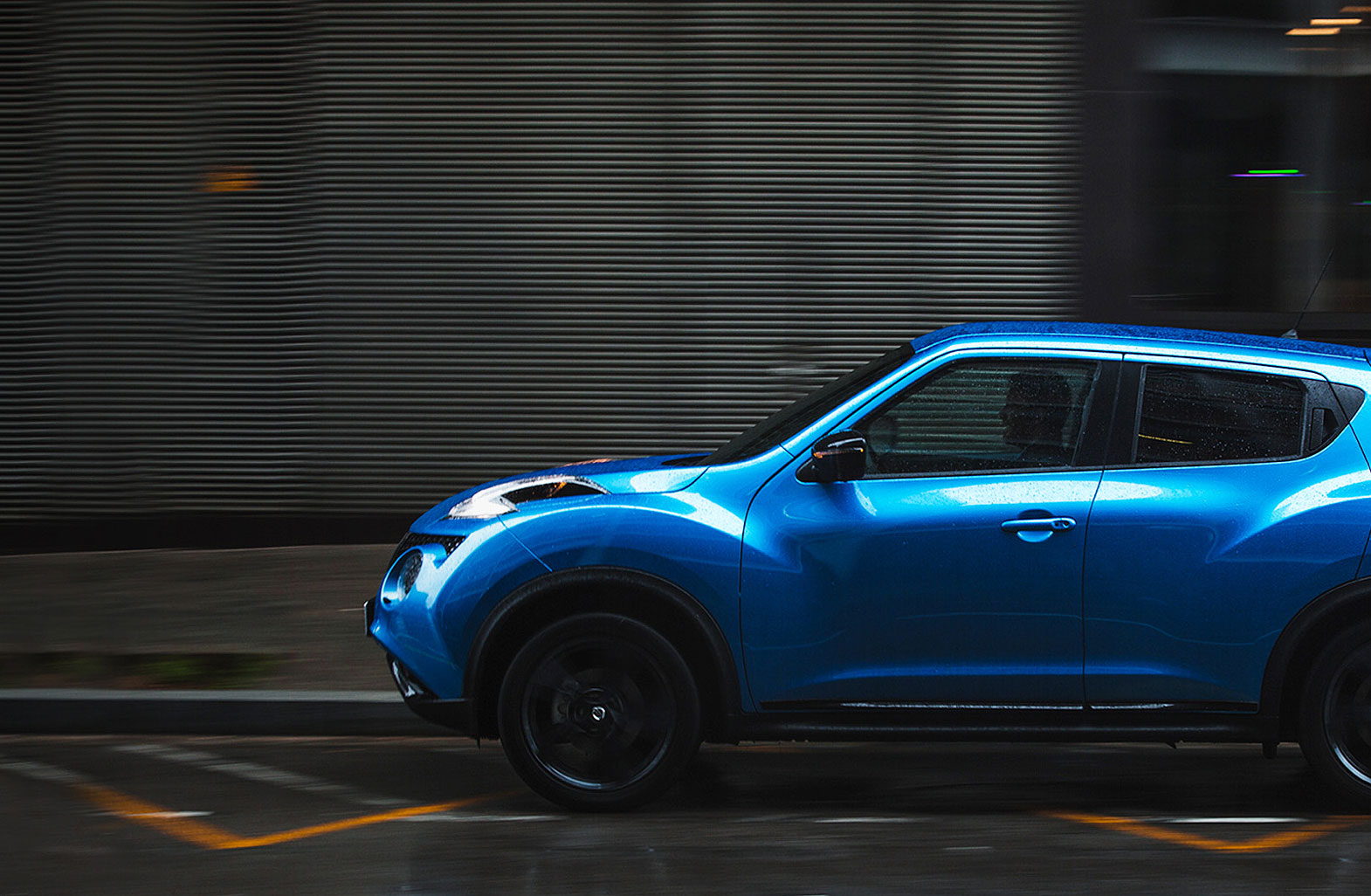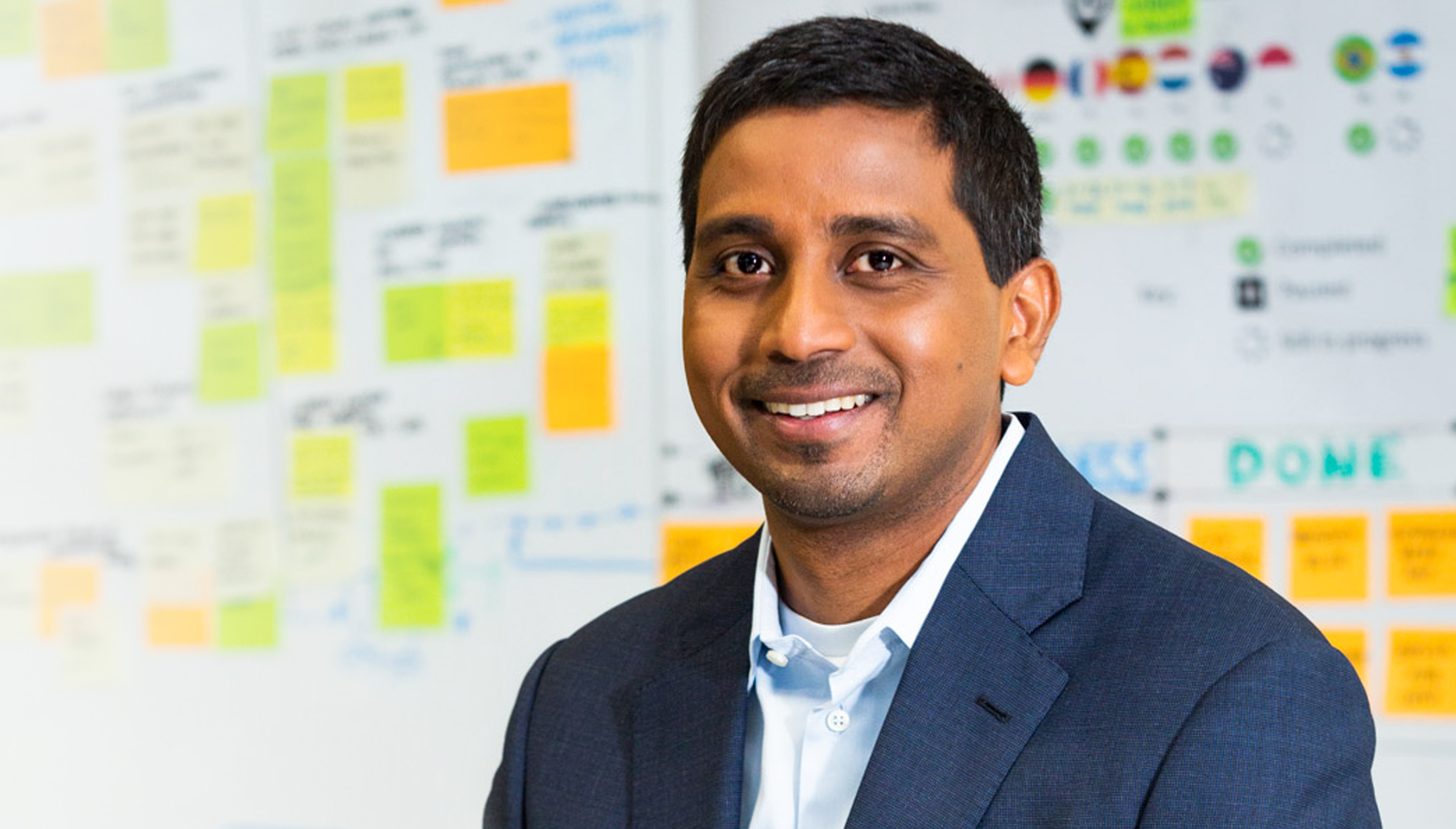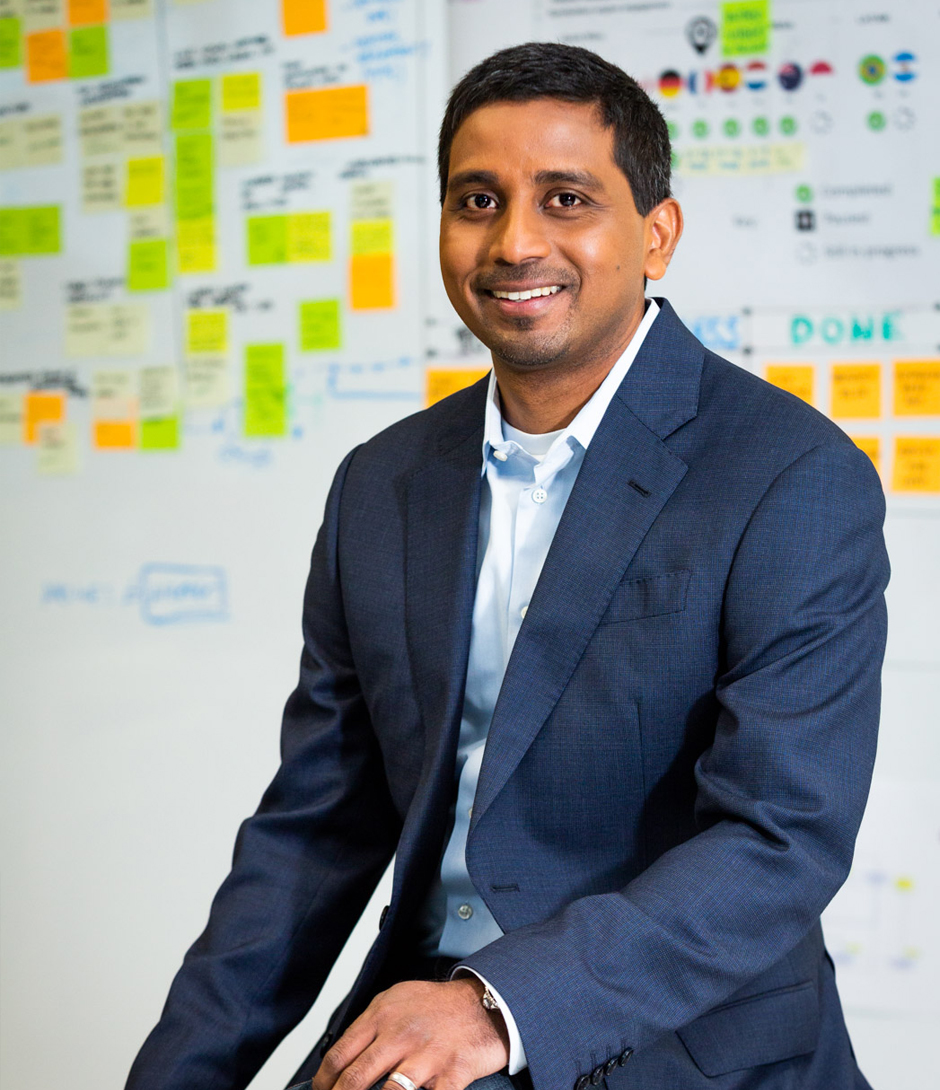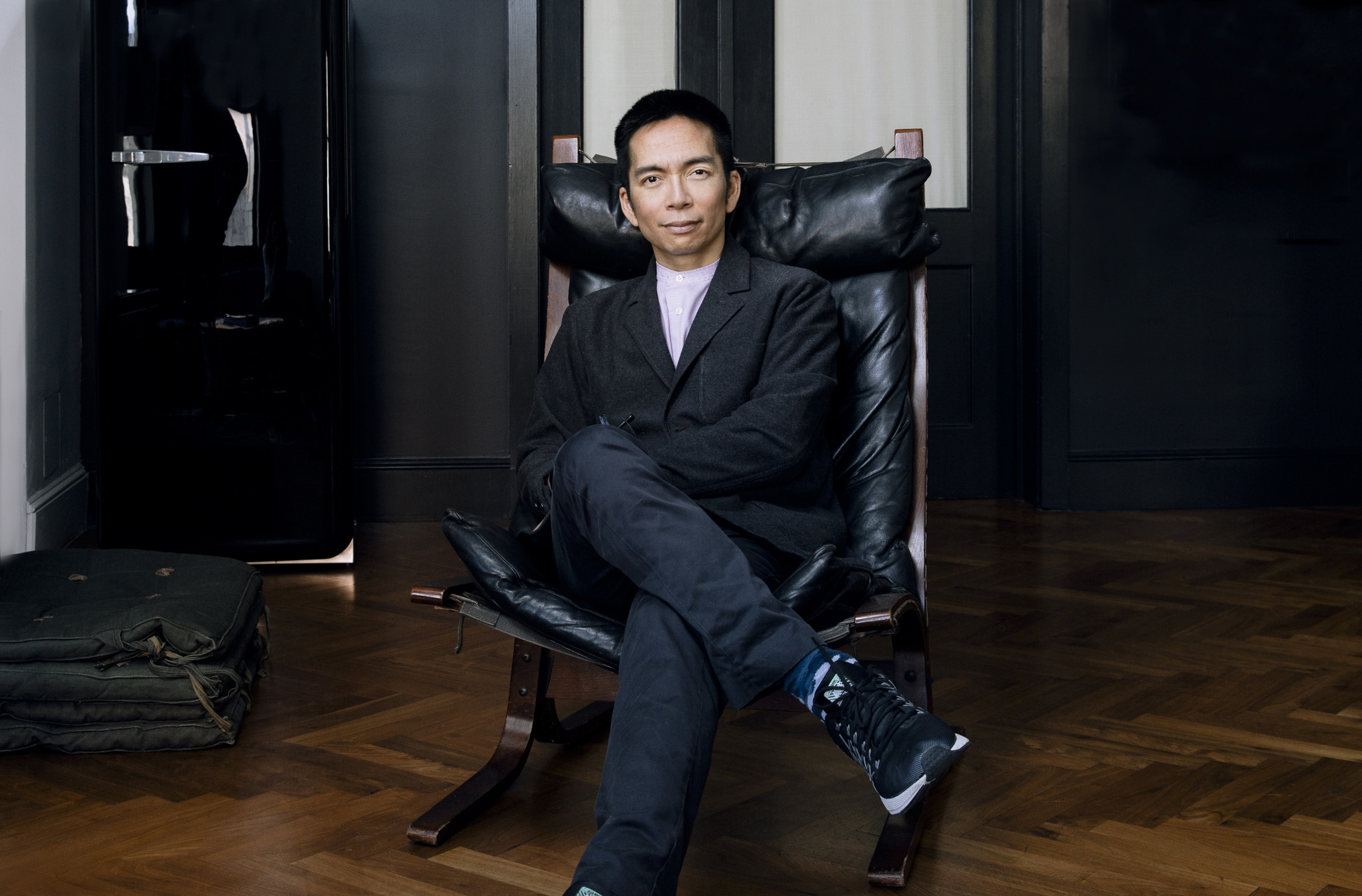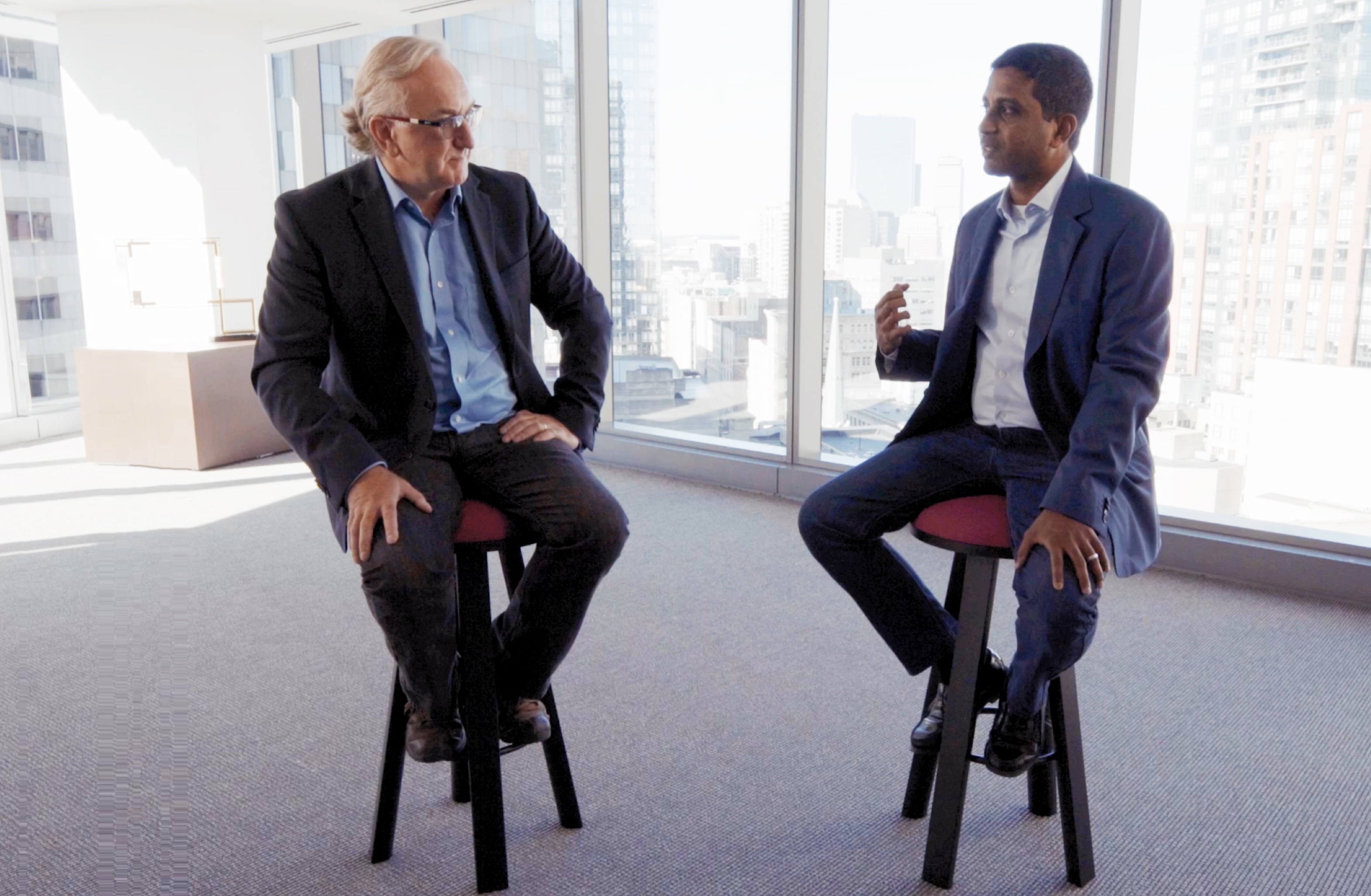5G and Connecting Billions of 'Unbanked'
With 5G now, it potentially allows the device, both from a storage and a compute perspective, to be dumb. If all the computing and the storage could be done in the cloud, the only thing you have is a really fast connection.
What happens when we start to establish the next generation of connected users? What is the UMTS of connectivity across platforms and devices in a 5G world? One of the standards of UMTS is it creates interoperability on a massive scale. If all of a sudden, we could have all of our devices connected, what are the formats that could enable that? I think that’s an interesting shift in the way that people are going to start to behave.
What is also a fascinating opportunity is bringing the next 1 billion or 2 billion people who are unconnected into the ecosystem of the world. How do you actually bring the unbanked to be banked? If you’re going to try and sell them a 256 GB iPhone, chances are that’s not going to happen for another decade, maybe even two. But if you can give them a really cheap device, but that has a 5G connection -- with all the effort and the investment happening on the network side -- then I think there’s something in it.
I’ll give you an example: Reliance Jio in India. Jio is one of the newest telecom operators in India and they essentially have garnered 300 million subscribers from no base. They did it by offering cheap, low prices for connectivity on 3G. So you now have a whole generation of people in India that have never had any kind of personal experience with television or content that was personal. Television in most homes in India was like going to the cinema. In many small towns and villages, it was a communal experience because you had one television set and occasionally it wasn’t just the family, it was the neighborhood that would consume content on that. That notion of American personal television never made it there at all.
So, take every single one of these people being connected to a smaller-format screen that essentially acts as a television. What does that actually do? What it does is it displaces PewDiePie – he was the biggest YouTuber for years. The No. 1 channel on YouTube now is a company called T-Series. T-Series is an old company that was almost on its deathbed because it was an old Bollywood music label format that was gradually dying out. It had no relevance. They reinvented themselves by making snackable pieces of content that were 16 minutes long for YouTube. Suddenly they now own the largest audience on YouTube because of this whole generation we’re talking about, enabled by Jio – for them, YouTube is television. That’s what television is, except it comes on a mobile device that’s connected by a really cheap data plan and is personal because T-Series is what they want to watch.
It’s pretty incredible to think about how profound that shift is.
